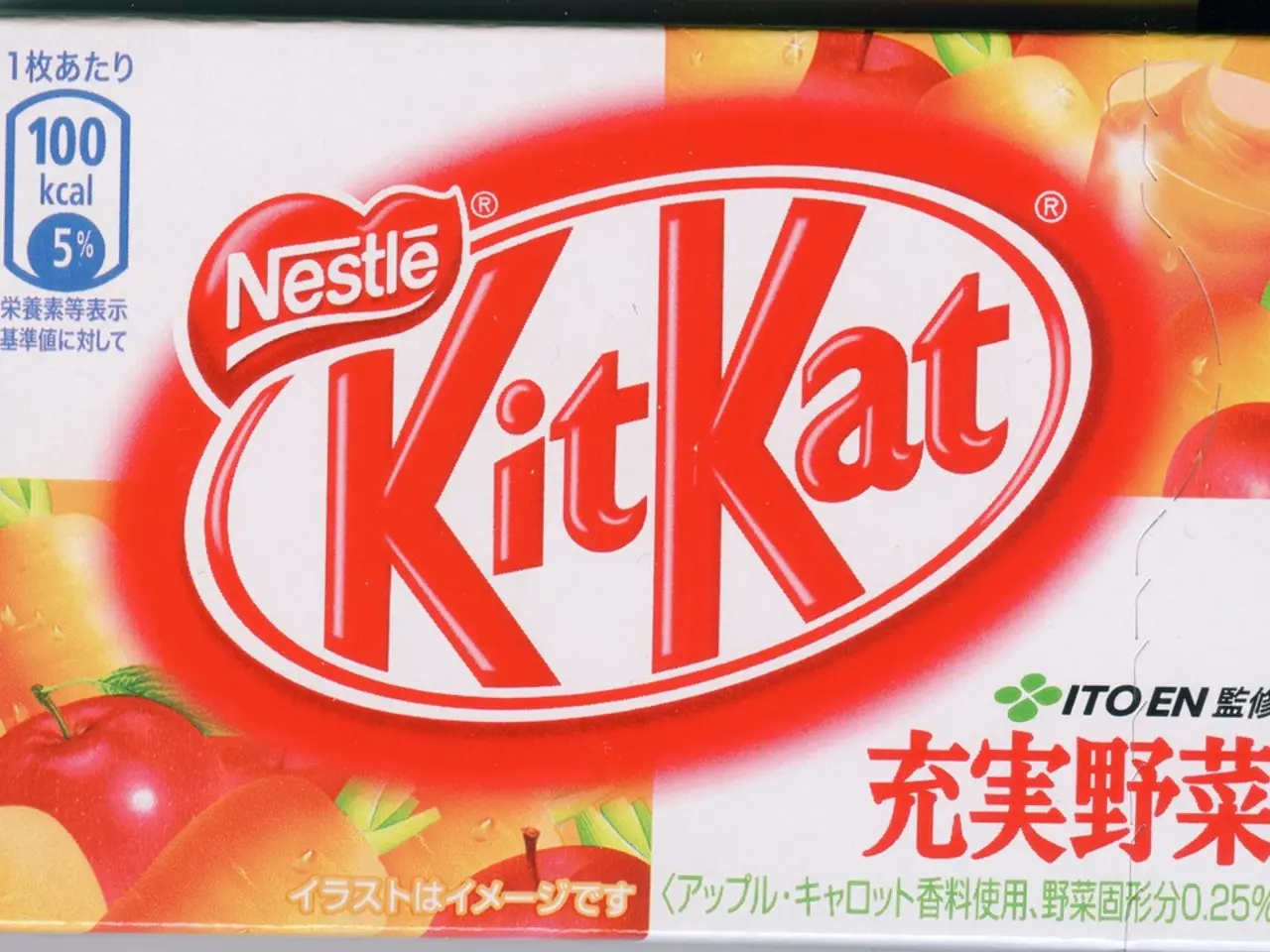Proper nutrition for amateur sports participants: a guide to balanced diets in sports
**Optimizing Nutrition for Better Athletic Performance**
For athletes aiming to improve their performance, proper nutrition plays a crucial role. Here are some tips to help you fuel your body for success.
**Healthy Carbohydrates**
Pre-exercise meals should be rich in carbohydrates, with a meal 3 to 4 hours before exercise consisting of rice, beans, spaghetti, whole wheat bread, or baked potatoes. A high-carbohydrate snack about an hour before exercise can help maintain energy levels, while during long exercises, consuming carbohydrates can prevent muscle breakdown. Post-exercise, it's essential to replenish muscle energy stores within 20 minutes, especially for frequent trainers.
**Proteins**
Consuming 20-25 grams of high-quality protein within 30 minutes post-exercise can optimize muscle protein synthesis. Adequate protein intake daily is also essential for muscle repair and growth. Leucine-rich sources are particularly beneficial for power athletes.
**Fats**
Healthy fats like nuts, seeds, avocados, and olive oil should be included in your diet to support energy production and overall health. Maintaining a balanced intake of fats is crucial to ensure proper absorption of vitamins and support bodily functions.
**Fluid Intake**
Adequate hydration is vital for athletes. Monitor fluid loss by weighing yourself before and after workouts, and replace each pound lost with 16 ounces of fluid. During extended periods of exercise, it's essential to have access to fluids, and sports drinks can help replenish electrolytes and maintain hydration.
**Additional Tips**
Consider personalized nutrition through metabolic testing and genetic analysis to tailor your diet to your specific needs and optimize performance. Nutritional periodization, which involves adjusting your macronutrient ratios based on training phases, can also help optimize performance and recovery. Focus on consuming high-quality, nutrient-dense foods to support optimal performance and recovery.
Remember that making a permanent switch to a healthy diet should be done gradually, rather than making extreme changes. After training, consuming protein and a small amount of carbohydrates can help replenish energy stores and aid in muscle building and weight loss. Regularly drinking small amounts of water or fruit juice mixed with water during training can help restore electrolyte balance.
For specific sports, such as soccer, pasta or rice with turkey meat can be a suitable pre-training meal, while fruit juice with water or mineral water can be a good post-training drink. For running, eating eggs, raw vegetables, or yogurt before training, and protein-rich foods such as meat or dairy products after training, can provide the necessary nutrients.
In conclusion, proper nutrition is essential for athletes, providing essential nutrients like minerals, proteins, and vitamins that may not be present in all foods. By following these tips, you can optimize your nutrition for better athletic performance.
Science plays a significant role in understanding the role of nutrition in health-and-wellness, fitness-and-exercise, and sports performance. For instance, consuming healthy carbohydrates, proteins, and healthy fats, along with an appropriate fluid intake, can optimize energy production and muscle recovery, thereby enhancing athletic performance. In addition, personalized nutrition plans, often informed by metabolic testing and genetic analysis, can help tailor diets to individual needs for optimal results in various sports like soccer and running.




